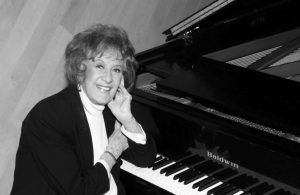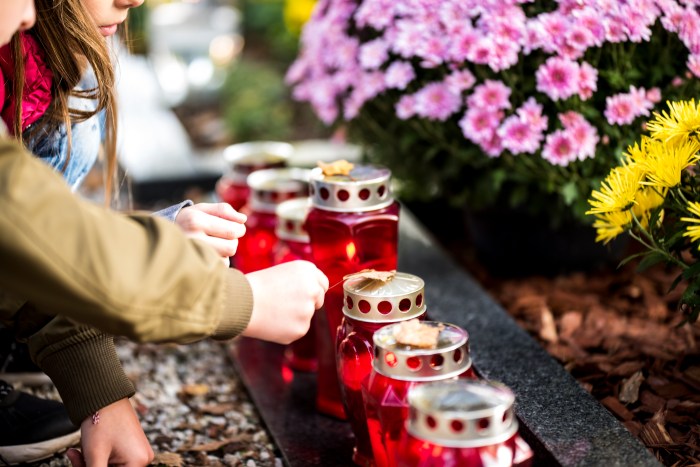
Marian McPartland pianist, composer and host of Public Television’s longest running show, “Marian McPartland’s Piano Jazz,” died at her home in Port Washington last week at the age of 95. National Public Radio (NPR) made the announcement saying that McPartland died of natural causes.
McPartland was a pioneer in the world of jazz musicians. She was able to breach the walls and negotiate the obstacles of a musical genre which was dominated by men in the 1950s, breaking the “glass ceiling” long before the term was coined. In one essay, included in McPartland’s collected works, “You’ve Come a Long Way, Baby” (1975), she wrote about her experiences as a woman trying to break into the jazz scene in the 50s, striving to be taken seriously by male musicians unaccustomed to playing with women. Over a career that spanned more than six decades, she became the jazz world’s most visible female instrumentalist; a fixture in jazz as a talented musician and well-loved international radio personality.
Born Margaret Marian Turner in England in 1918, she began playing classical piano at the age of 3. At 17, she was accepted to the prestigious Guildhall School of Music. She left in her third year to play piano with a touring vaudeville act, to the chagrin of her parents, who she said were “horrified,” and a professor who called popular music “rubbish.”
During World War II McPartland played for Allied troops with the USO and its British equivalent. It was during one such trip to France that she met Chicago born cornetist Jimmy McPartland, an American GI. The two clicked immediately and married in Germany on February 4, 1946. She credited Jimmy for her “hammy” nature. “He told me that the piano wasn’t everything. I had to speak out and talk to the audience,” McPartland said in a 2007 interview. Although the couple divorced after 20 years, they remained good friends.
After moving to New York in 1953, Marian and Jimmy performed together for three years until she landed a job in a trio at the Hickory House, a jazz hub on 52nd Street where she played intermittently for 10 years, brushing elbows with such greats as Duke Ellington and Benny Goodman.
McPartland recorded more than 50 albums for the Concord Jazz label and played in venues across the country. She later founded her own label, Halcyon Records, and her compositions were recorded by the likes of Tony Bennett and Peggy Lee.
She spent 33 years as the host of the NPR show, “Marian McPartland’s Piano Jazz.” On the air, she and her guests sat at separate pianos, reminiscing, ad-libbing, and playing duets and solos. She hosted hundreds of jazz professionals, including Ray Brown, Susannah McCorkle and Eddie Palmieri.
“Marian was of course the brilliant artist and beloved icon of public radio,” Shari Hutchinson, executive producer of “Piano Jazz,” told the Associated Press. “I was able to work closely with one of the strongest, most successful, vital, creative women of her time, someone who overcame every obstacle and who pushed through every glass ceiling. I am deeply saddened at her passing, and at the same time profoundly joyful she let me into her life,” Hutchinson said.
McPartland also became known as a music educator, lecturing and teaching throughout the country and writing about her experiences as a female jazz musician.
In the past two years, McPartland had been front and center, thanks to the publication last fall of her authorized biography, “Shall We Play That One Together? The Life and Art of Jazz Piano Legend Marian McPartland,” by Paul de Barros (St. Martin’s Press) and the release of the 2011 documentary entitled “In Good Time: The Piano Jazz of Marian McPartland.”
The documentary had its world premier in 2011 at the Port Washington Library. The film chronicles her early struggles as a musician taking her from the beginning of her career through her years at NPR.
In 2007, the Kennedy Center named McPartland a Living Jazz Legend. Among her many recognitions, she was named an NEA Jazz Master by the National Endowment for the Arts in 2000.


























